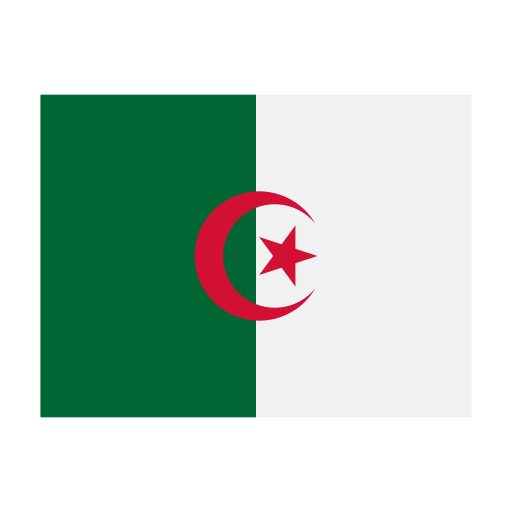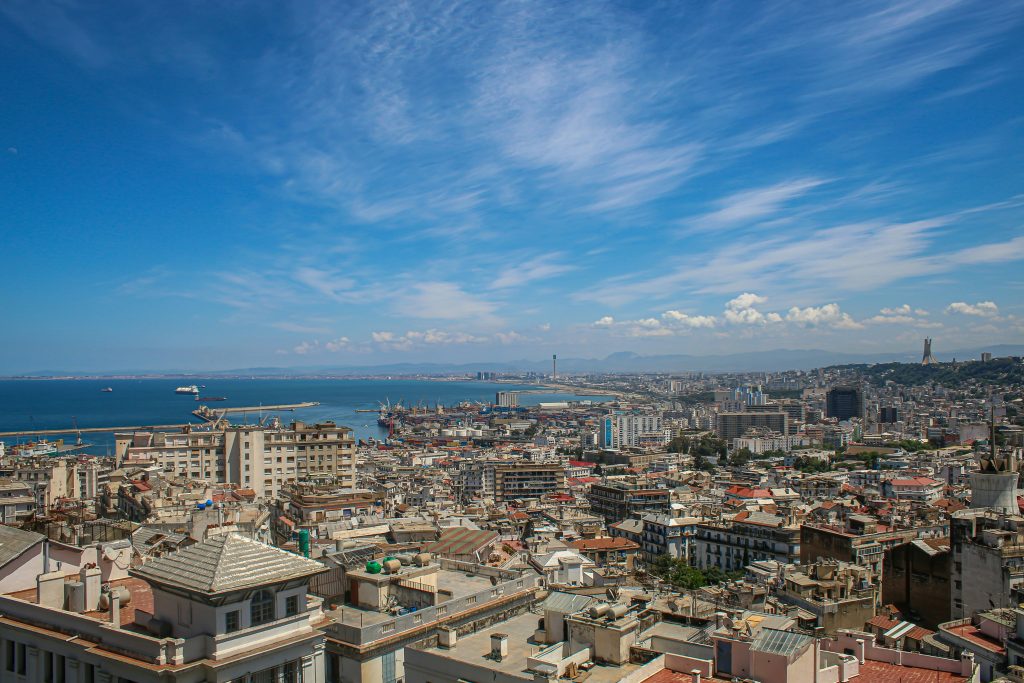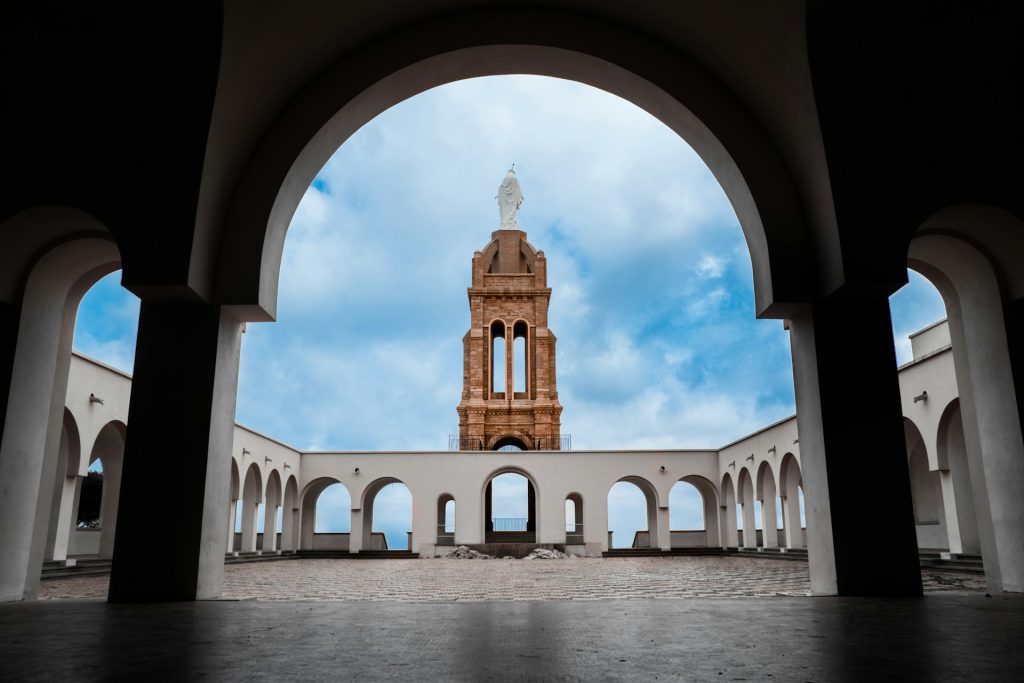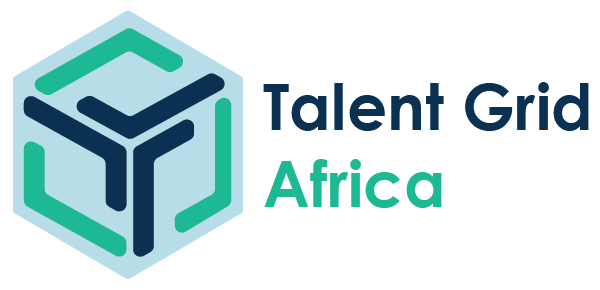Expand your Global Workforce in  Algeria
Algeria
- Complete EOR and staff outsourcing solutions in Algeria
- End-to-end HR and employment services
- Strategic workforce solutions aligned with your business expansion goals
- Legally compliant employment contracts
- Payroll & tax management in Algeria
- Local labor law and compliance expertise with Algeria’s Labour Code

POPULATION
47,400,000
LANGUAGES
Arabic, French
COUNTRY CAPITAL
Algiers
CURRENCY
DZD

A Glance at Algeria’s Economy
Africa’s largest country and the third-largest Arab economy, Algeria is an upper-middle-income country with a population of approximately 47 million as of 2024. Algeria’s economy heavily relies on hydrocarbons, which account for nearly one-third of the country’s GDP. The government has made efforts to diversify the economy by boosting foreign and domestic investment, partly lifting restrictions on foreign ownership of domestic firms, and adopting a new investment law.
9
Holidays Per Year
40 hrs per week
Working hours per day or month
Compensation & Benefits in Algeria
DZD 43,467 per month
Working hours per day or month
3-4 weeks
Annual vacation leave (min)
In Algeria, the workweek is 40 hours with overtime at 150%. Employees get 30 days of annual leave, public holidays, and social security coverage through employer and employee contributions. Benefits include maternity, paternity, sick, and special leave, while many employers add health insurance, allowances, or bonuses. Income tax is progressive up to 35%.
Taxation in  Algeria
Algeria
Algerian employees are taxed progressively on their income. The rates range from 0% to 35% depending on the income level. Employees contribute 9% to social security, which covers pension, healthcare, and unemployment benefits. The corporate taxes vary from one company to another. However, the maximum rate is 26% of taxable profits for companies engaged in mixed activities.
The Labour Code governs the employment law in Algeria. The laws protect employees’ rights and employers’ interests by establishing clear employment standards. Here is an overview of the Algerian employment law.
- Employment Contracts. There are two primary types of contracts in Algeria: fixed-term and indefinite. The indefinite contract is typically used for long-term working relationships. In contrast, fixed-term contracts are usually used for temporary jobs.
- Working Hours. Regular working hours in Algeria are 40 hours, from Sunday to Thursday, with a day of rest on Friday and Saturday. Overtime is compensated at 150% of the normal salary.
- Holiday Policy. All employees are entitled to 30 days of annual leave after 12 months of service. Female employees are also entitled to 14 weeks of paid maternity leave.
- Ensure Compliance With Algerian Labour Laws. One of the most significant advantages of partnering with Talent Grid Africa is the assurance of legal compliance. We will ensure your company is compliant with these laws to avoid legal risks and penalties.
- Cost-effective Expansion. By utilizing our EOR services in Algeria, you can hire employees without the need to establish a local entity. This reduces the cost associated with setting up and maintaining a regional office.
- Simplified Payroll and Tax management. The unique tax laws and payroll requirements in Algeria make the process challenging. Our team understands these laws. Our payroll outsourcing services in Algeria will ensure timely and accurate payments while complying with Algeria’s laws.
- Work Permits and Visas. With a deep understanding of Algeria’s immigration laws, Talent Grid Africa will help you with all work permits and visa requirements.
Frequently Asked Questions
Algeria offers investment opportunities through economic diversification, partial removal of foreign ownership restrictions, and a new investment law that encourages multinational businesses.
We handle all employment, payroll, and compliance requirements, eliminating the need for a local entity and ensuring smooth business operations in Algeria.
Employers can use fixed-term contracts for temporary roles or indefinite contracts for long-term employment relationships under the Algerian Labour Code.
Employees work 40 hours per week from Sunday to Thursday, with Friday and Saturday as rest days. They receive 30 days of annual leave and 14 weeks of maternity leave.
Using an EOR like Talent Grid Africa saves time, reduces costs, and ensures compliance with Algeria’s complex labour and tax regulations, allowing companies to focus on growth.
